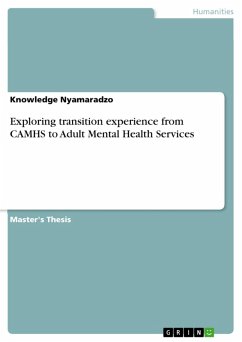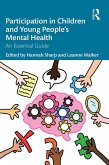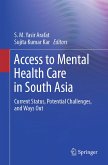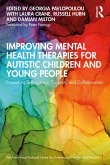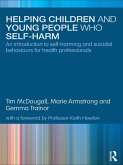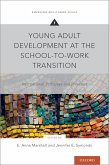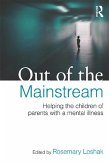Master's Thesis from the year 2022 in the subject Psychology - Consulting and Therapy, University of West London, language: English, abstract: The service evaluation explores the transition experience from child and adolescent mental health services (CAMHS) to adult mental health services (AMHS). Many reports about the transition experience of young people from CAMHS to AMHS are rated negatively. The rationale is to understand what works and, more crucially, what does not work at the point of transition and use this feedback to improve the experience for future patients. The service evaluation will be an online survey that combines quantitative and qualitative components. Eleven young people aged 18-21 participated in the service evaluation by answering eight closed and three open-ended questions. Young people wanted CAMHS and AMHS to offer adequate therapeutic support during the transition and assign a key worker early. Young people would like to be involved in the transition process and for the services to consider their needs when making decisions. They wanted the transition process to be commenced early and better joint coordination between the services. Finally, young people asked for services to provide information about the transition process and explain the differences between CAMHS and AMHS. Most participants were unprepared for the transition and felt they had not been provided with the necessary information were not involved in the decision-making. Transition is an important milestone, and failure to manage this critical juncture can lead to a high proportion of young people being lost to services with subsequent periods of untreated illness and increased crisis presentations. This dissertation recommends that CAMHS and AMHS should collaboratively develop transition care plans, including discharge arrangements, medical reviews, and coordination of any ongoing therapeutic interventions to avoid gaps in transition. In addition, CAMHS and AMHS should jointly produce a helpful guide to transition for the young people and their parents and carers to help them transition with confidence.
Dieser Download kann aus rechtlichen Gründen nur mit Rechnungsadresse in A, B, BG, CY, CZ, D, DK, EW, E, FIN, F, GR, HR, H, IRL, I, LT, L, LR, M, NL, PL, P, R, S, SLO, SK ausgeliefert werden.

